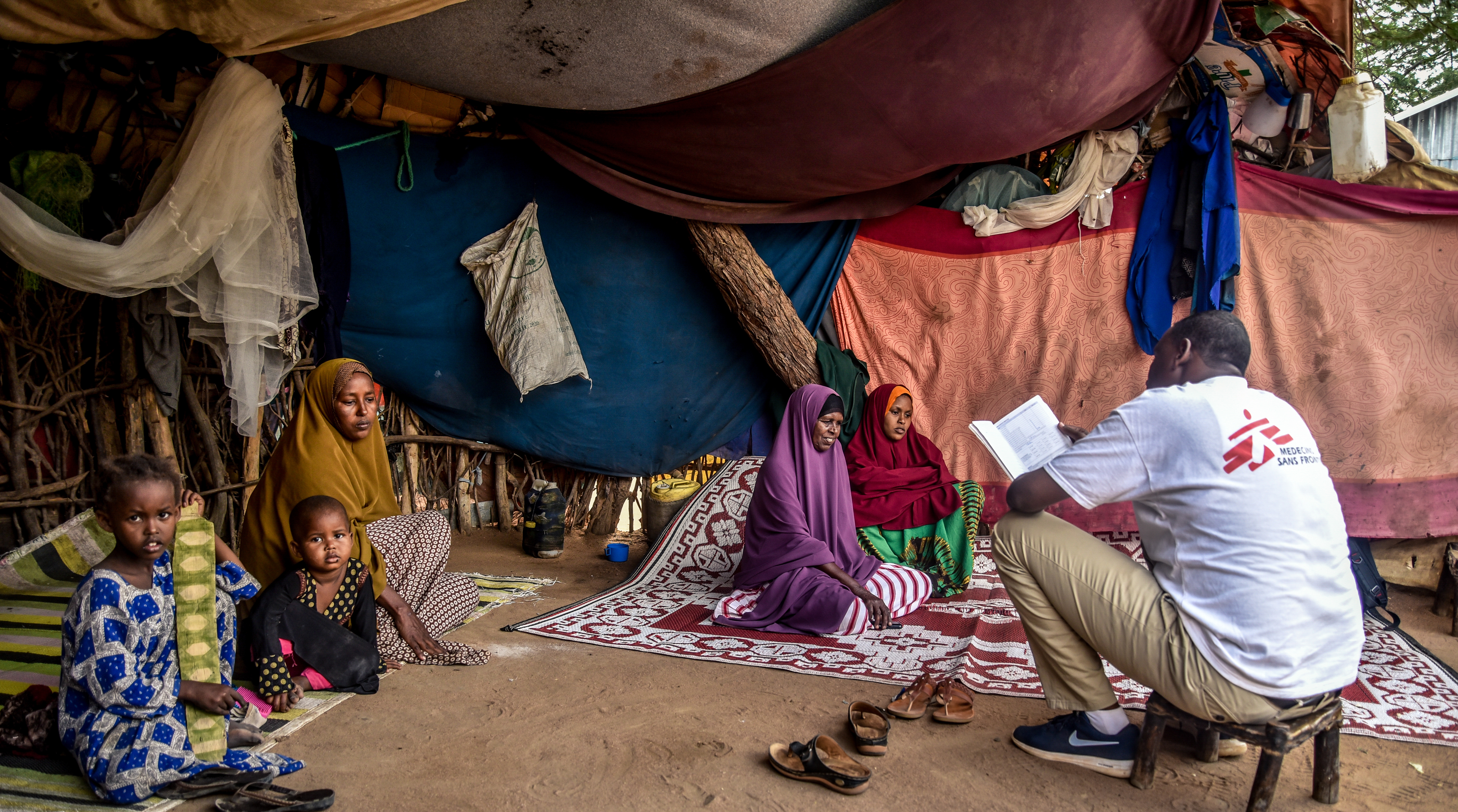UNHCR Global Compact on Refugees
UN Global Compact on Migration
UNHCR Global Refugee Forum
"International Norm Dynamics and Political Change” by Martha Finnemore and Kathryn Sikkink, 1998
Amnesty International public statement "Refugees and migrants forgotten un COVID-19 crisis response
The increasing number of displaced people worldwide has led the international community to rethink its approach to displacement and migration. It is in this spirit that the New York Declaration, the Global Compact on Refugees (GCR) and the Global Compact for Migration (GCM) have come to life between 2016 and 2018, under the auspices of the UN member states (MS), the UN Refugee Agency (UNHCR) and the International Organization for Migration.
The GRC’s core objectives are to ease pressure on the host countries, to enhance refugees’ and displaced people’s self-reliance and inclusion, to expand access to third-country solutions, to support conditions in countries of origin for a safe and dignified return and to protect displaced people’s rights.
This new approach is supposed to reverse the way the international community responds to displacement, aligned with the “nexus concept” that has emerged from the World Humanitarian Summit in May 2016, promoting stronger complementarity between humanitarian, development and peace efforts and a “whole-of-society approach”.
However, the non-binding nature of such instruments along with the challenges of today’s multilateralism and geopolitical realities make the implementation of commitments particularly difficult.
How, in such environment, to mobilize MS to translate this paradigm into concrete facts?
The overall strategy (in particular that of UNHCR) has been to create a momentum within the community of MS that would encourage and promote collective behavior change mainly by:
- Highlighting countries considered exemplary in their approach to displacement (e.g. Ethiopia, Uganda, Costa Rica, etc.);
- Bringing forward influential member states (e.g. Germany) and international organizations (such as IGAD) that can champion such paradigm;
- Involving key financial and development institutions, such as the World Bank, and large private companies, which can promote the economic and financial benefits of such an approach;
- Encouraging MS’ self-commitments in open forums (e.g. the Global Refugee Forum).
Such strategy aims to create a new “social and behavioral norm” in the MS community about their approach to the displacement crisis, one that draws from a constructivist reading of international relations. To foster such change and ensure its sustainability, a tipping point must be reached, both in the number of states and profile of states promoting and implementing such approach. This would then allow for a “socialization process” that could lead the majority of states to follow such paradigm.
Specific dynamics in East Africa have bear hopes to trigger such behavioral change. Countries such as Ethiopia and Uganda and international organizations such as IGAD and the World Bank are championing the GCR in the region and encouraging others such as Kenya (especially in Kakuma camp) or Zambia to follow similar paths. However, two main elements act as major obstacles in developing further this new social norm worldwide:
- The lack of credibility (and willingness) of influential states with regards to their won approach to displacement: Most European MS, the US, Russia, China andsome BRIC countries barely implement such approaches in their own countries, which impacts their legitimacy in the eyes of others and limits the traction needed to trigger collective behavioral change.
- The struggle to counter MS’ respective security and political agendas, in a global aggressive and protectionist environment against refugees and migrants. While a clear connection with development gains has been made, a coherent narrative to tackle security and political concerns of MS is still missing. Displaced people are often used as a “card” to be played as part of a broader political game. This makes situations like in Dadaab camp in Kenya or in Europe (to only name a few) extremely difficult to be resolved.
Unfortunately, while the COVID-19 pandemic is turning into a “human and societal crisis” the road towards a new paradigm with regards to displacement seems even further away, as some MS have taken the opportunity of public health measures to further restrict refugees and migrants’ rights.
As mentioned by Filippo Grandi, UN High Commissioner for Refugees before the UN Security Council on the 18th of June 2020: “These trends somehow show how, when leadership fails, when multilateralism – which you represent – doesn’t live up to its promise, the consequences are felt not in the global capitals of our world; not in the homes of the powerful and of the rich. They are felt in the peripheries of nations, in border communities, among the urban poor, in the lives of those that have no power.”


